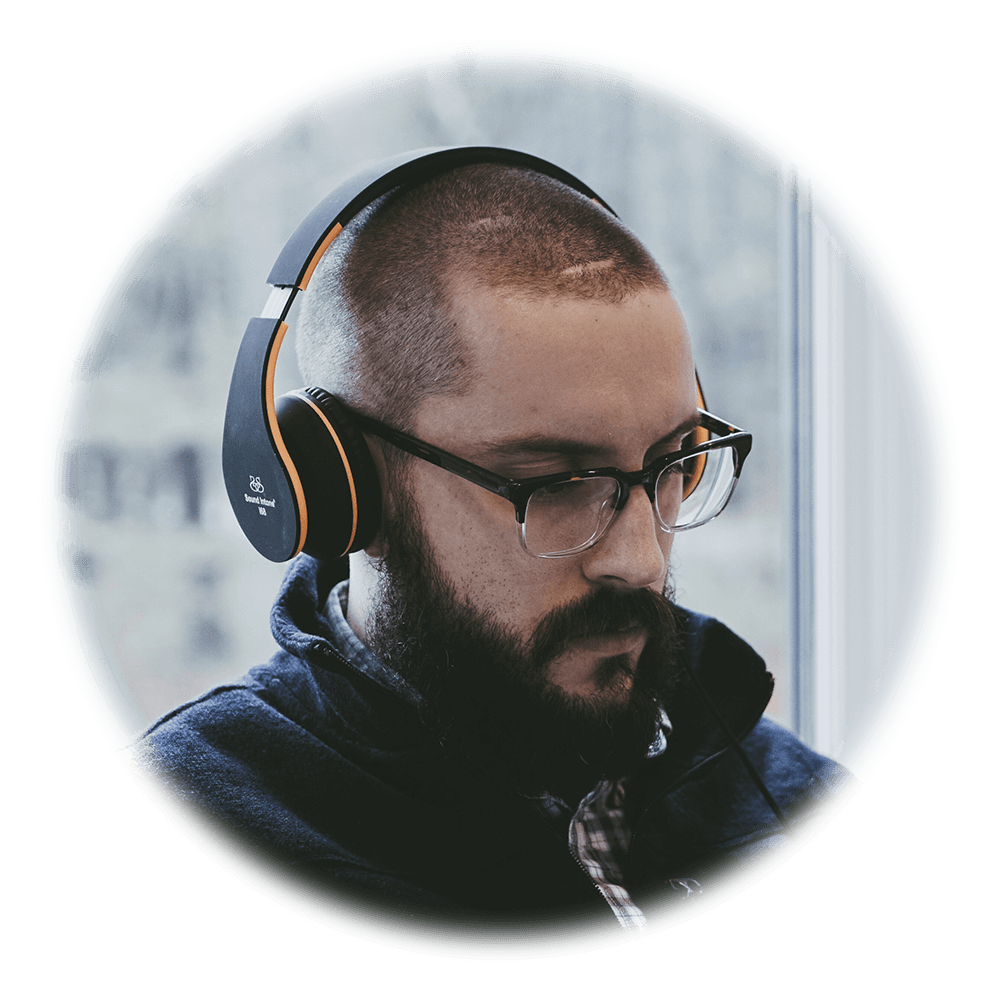A friendly subscriber recently asked:
“I read something yesterday on it (the blog) which got me curious. You wrote:
‘Used to outline. Now I can’t.
I don’t write the kind of stories that require outlining anymore. My books are slow. I like characters more than plot points. I don’t outline because it doesn’t make sense for the kind of stuff that I enjoy writing.
Also, none of my favorite living writers outline.’
This got me curious. You don’t outline? What kind of books don’t require outlining?”
This is true.
And also untrue.
I don’t outline science fiction anymore.
I also don’t outline sales copy projects.
But I am outlining for this 90 day challenge.
For sales copy and sci-fi, I write by “feel”.
But I didn’t start writing that way.
When I first started writing sales copy, I bought a “copywriting template” from some copy guru. It laid out, step-by-step what went where in the copy.
I would get a client project, and squeeze that project into the template. I would swipe heavily from other converting sales pages.
I did a lot of cheating.
The advantage was that I could write fast, decent converting copy.
The disadvantage was that I wasn’t maximizing conversions because the template had such little wiggle room to make it unique for my particular client.
Also, I was relying on the creativity of others more than my own. That’s the fastest way to dilute your work.
I did that for almost a year.
Then something funny started happening.
I started writing without the template, and the copy started converting better.
I wrote what “felt” right.
How did I go from template-writer, to free-balling copy killer?
Consumption & Repetition.
I read at least one sales letter per day during that whole year. I also wrote at least one letter per day using the template.
After a year of that, I could “feel” (in my subconscious) what made a good letter great.
I did the exact same thing with science fiction.
I picked up some “sci-fi template” from some writer guru hack, then over the course of a year I wrote 36 stories (divided up amongst novellas and novels).
After that, I didn’t have to outline anymore. I could follow an entire novel length story line from start to finish BECAUSE I had followed the same Consumption & Repetition routine that I’d used to learn copy.
I had put in so much repetitive practice that I no longer had to think about what I was doing anymore. This is important, and we’ll circle back around to it in a minute.
Right now, you’re watching me enter a brand-new-to-me genre.
I have to outline. I’m not familiar enough with Mystery to know by “feel” what works and what doesn’t.
Right now, my writing process is very cerebral. Very “front of mind” kind of writing.
That means these first few books will be terrible.
It won’t always be this way. If I keep writing in Mystery, at the pace of a novel per month, within a year I’ll be able to sit down and write a novel from start to finish without outlining too heavily (or at all).
But it’s going to require a HUGE amount of effort and time to go from where I am now to there.
Musicians Can Teach Writers
How To Make Better Stories
The best example of this Consumption & Repetition that I can think of is watching a great musician improvise.
Especially if the audience doesn’t realize they are.
Musicians have “templates” and “formulas” and “structure” just like any other art form.
Musical scales are one of those tools.
Experienced musicians have spent years playing in, around, and practicing (mindless repetition) those scales to the point where they don’t even have to think about it anymore.
They can be given subtle cues (a bass line, a drum beat, a piano riff) and create beautiful songs that people are willing to pay for LIVE, on the spot.
Stephen King is famous for calling outliners hacks.
He has also built an empire getting a rise out of people, so his language choice isn’t that surprising.
What he should have said is: Outlining is a great tool for practicing. And if you are willing to put in the time and effort, it can be a tool that teaches you how to pants. Eventually.
So, to answer my dear subscriber:
The kinds of books that I don’t need to outline are books in a genre where I’ve had TONS of practice and experience.
Keep on writing,
Mike “The Non-Outlining Outliner” Shreeve

